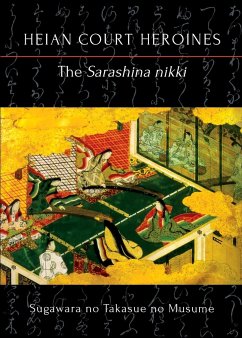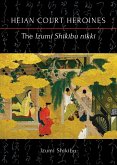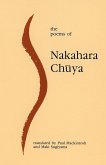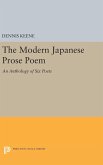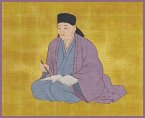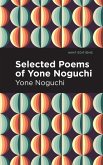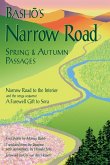Sugawara no Takasue no Musume (1008-59), a lady-in-waiting to Princess Sukeko, is a typical exponent of Heian court culture-her sharp awareness of beauty only checked by her keen sense of its transitory nature. Inspired by Murasaki Shikibu's then already famous Genji monogatari, the author seeks to achieve the same romantic fulfillment of that work's hero and commits her thoughts, emotions, and experiences to a memoir she named the Sarashina nikki in an allusion to a much-loved poem from the Kokin wakash¿. Perhaps the most evocative part of the Sarashina nikki is her three-month journey to the capital following her father's recall from his governorship of Kazusa, which offers rare descriptions of the more remote regions of Heian Japan-its blinding white beaches, its majestic mountains, its dark forests. Above all, the Sarashina nikki is a poignant record of a woman's deep romantic yearning.
Hinweis: Dieser Artikel kann nur an eine deutsche Lieferadresse ausgeliefert werden.
Hinweis: Dieser Artikel kann nur an eine deutsche Lieferadresse ausgeliefert werden.

